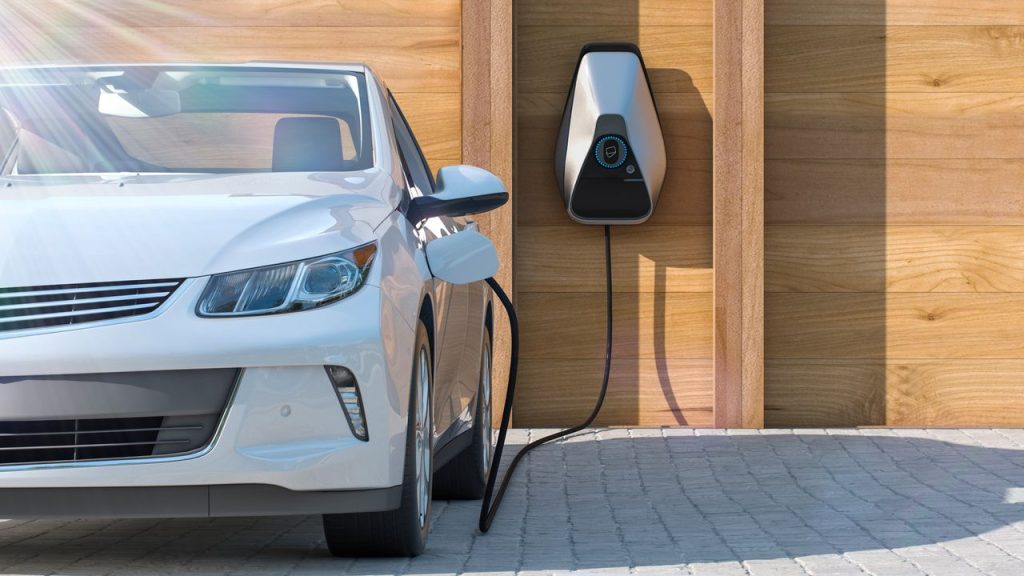Overview of Electric Cars: Revolutionizing Transportation and Reducing Emissions
Electric cars, also known as electric vehicles (EVs), have gained significant popularity in recent years. With their potential to revolutionize transportation and contribute to emissions reduction, electric mobility is becoming an increasingly attractive option for environmentally conscious individuals. In this article, we will explore the key features and benefits of electric cars, shedding light on why they are a game-changer in the automotive industry.
What are Electric Cars?
Electric cars are vehicles powered by electric motors rather than traditional internal combustion engines (ICEs) that rely on fossil fuels. Instead of gasoline or diesel, electric cars use electricity stored in rechargeable batteries to generate power and propel the vehicle forward. This fundamental difference in propulsion technology is what sets electric cars apart from their conventional counterparts.
The Environmental Impact: Emissions Reduction
One of the primary reasons why electric cars are gaining traction is their potential to significantly reduce greenhouse gas emissions. Unlike ICE vehicles that emit harmful pollutants such as carbon dioxide (CO2), nitrogen oxides (NOx), and particulate matter, electric cars produce zero tailpipe emissions. This means that by transitioning to electric mobility, we can make substantial progress in combating climate change and improving air quality.
Furthermore, the environmental benefits of electric cars extend beyond tailpipe emissions. While it is true that electric cars still indirectly contribute to emissions through the electricity generation process, the overall emissions reduction is significant. As renewable energy sources continue to replace fossil fuels in the power grid, the carbon footprint of electric cars will continue to decrease.
Advantages of Electric Cars
Aside from their positive environmental impact, electric cars offer several advantages over traditional vehicles. Let’s take a closer look at some of these benefits:
- Lower Operating Costs: Electric cars are more energy-efficient than ICE vehicles, resulting in lower fuel costs. Additionally, electric cars have fewer moving parts, reducing the need for maintenance and repairs.
- Government Incentives: Many governments around the world offer incentives to encourage the adoption of electric cars. These incentives can include tax credits, rebates, and access to carpool lanes.
- Quiet and Smooth Ride: Electric cars operate quietly and provide a smooth driving experience due to the absence of engine noise and vibrations.
- Regenerative Braking: Electric cars often feature regenerative braking, which converts kinetic energy into electricity, further extending the vehicle’s range.
- Increasing Charging Infrastructure: As electric cars gain popularity, the charging infrastructure is rapidly expanding. Public charging stations are becoming more prevalent, making long-distance travel more feasible.
The Challenges Ahead
While electric cars offer numerous advantages, there are still challenges that need to be addressed for widespread adoption. Some of these challenges include:
- Range Anxiety: The limited range of electric cars compared to conventional vehicles can cause anxiety among potential buyers. However, advancements in battery technology are steadily increasing the range of electric cars.
- Charging Time: Charging an electric car takes longer than refueling a conventional vehicle. However, fast-charging stations are being developed, reducing charging times significantly.
- Upfront Cost: Electric cars tend to have a higher upfront cost compared to ICE vehicles. However, as technology advances and economies of scale come into play, the prices are expected to decrease.
The Future of Electric Cars
Despite the challenges, the future of electric cars looks promising. As technology continues to advance, we can expect longer ranges, faster charging times, and more affordable options. With the ongoing efforts to decarbonize the power grid, the environmental benefits of electric mobility will only increase.
Electric cars are not just a passing trend; they are here to stay. As consumers become more aware of the environmental impact of their choices, the demand for electric cars will continue to rise. It’s time to embrace electric mobility and drive towards a cleaner and more sustainable future.


